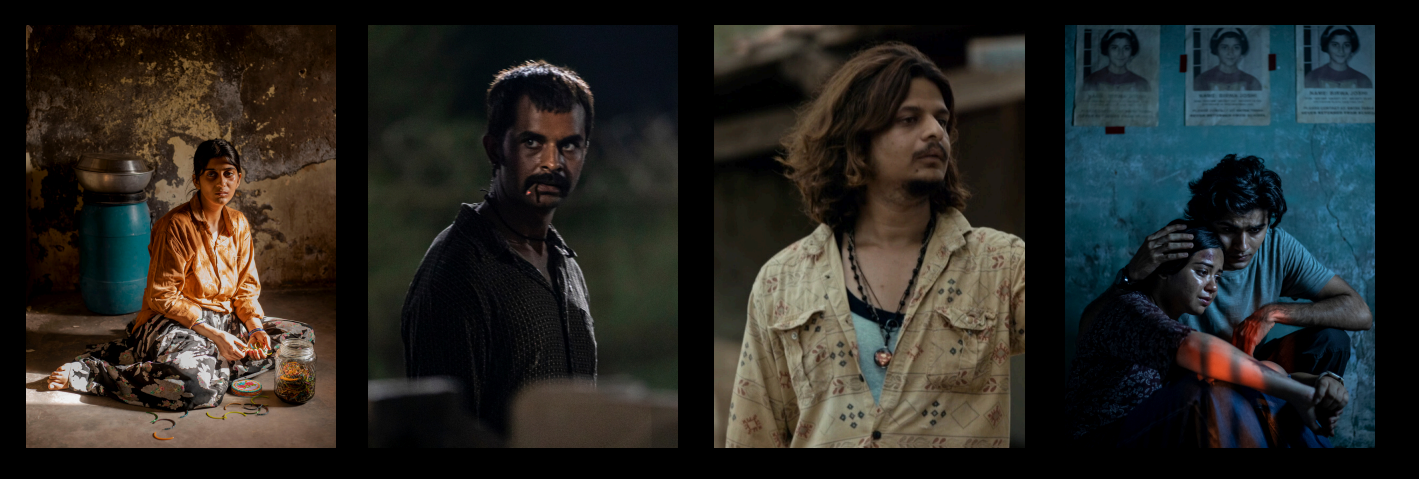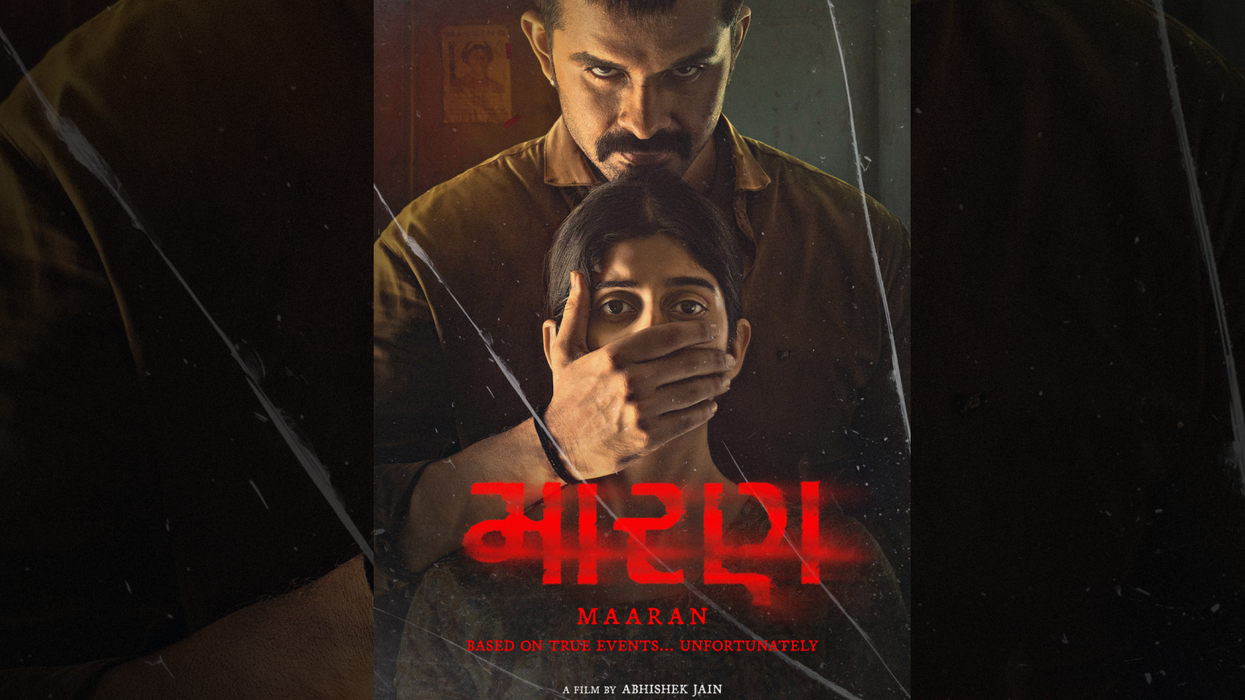In Maaran, director Abhishek Jain trades urban comfort for unsettling discomfort, presenting a grim world where women’s bodies are battlegrounds and silence is often enforced by fear. Set in an isolated village, the film drags the viewer into a reality that is as disturbing as it is familiar.
At the heart of the film are two women: Birwa and Tara. Strangers at first, they are bound by the same invisible chains that pull countless women into cycles of exploitation. Birwa is a victim of human trafficking; Tara is on the brink of becoming one. Their stories run parallel, then collide, in ways that shake them and us to the core. The film’s narrative doesn’t offer dramatic rescues or grand revenge. Instead, it focuses on the internal shifts that happen when survival becomes a woman’s only compass.

Maaran is not a thriller in the traditional sense, though it is loaded with tension. The real antagonist is the system: a society so steeped in masculine power that it renders women either invisible or expendable. The man in question, a social pariah nursing his damaged ego, uses women as pawns in his twisted attempt to reclaim control. But even in the bleakest of moments, the story never lets go of the women’s humanity. Birwa and Tara are not just the typical victims you see on screen. They are thinkers, fighters, survivors.
A lot of the film’s emotional sharpness comes from the writing. Divya Thakore, the writer, crafts a screenplay that is both sparse and loaded, letting silence speak where dialogue might fail. Her ability to capture the tension between fear and hope, in fact gives the film its heartbeat.
What makes Maaran stand out is its refusal to tie things up neatly. The relationship between one of the women and her captor is left ambiguous, disturbing yet strangely layered. Is it trauma-bonding? Is it manipulation? Is it the brain’s desperate trick for survival? The film doesn't offer answers. It asks the viewer to sit with discomfort, to confront the realities many would rather ignore.
Cinematographer Pratik Parmar captures this discomfort through sparse, wide frames, showing how isolation is not just physical but also deeply emotional. The silence of the village becomes oppressive, as a metaphor for the silencing of women across the world. The sound design by Ajit Singh Rathore amplifies this unease, with stillness often speaking louder than screams in certain moments.

Deeksha Joshi delivers a performance that feels raw and unscripted. There’s no glamour in her portrayal, only grit. Yash Soni, cast against type, brings a chilling unpredictability to his role, never tipping his hand fully. Together, they create a dynamic that is equal parts disturbing and riveting.
Director Abhishek Jain, known for his urban Gujarati hits like Bey Yaar and Wrong Side Raju, clearly takes a bold leap here. Maaran, produced by Abhishek Jain and Amit Desai, is stripped of the polish, layered with pain, and refuses to be reduced to a morality tale.
At 137 minutes, the film is not easy viewing. It shouldn’t be. Maaran holds up a mirror to a world many pretend doesn’t exist, a world where a woman’s dignity is conditional, her safety negotiable. Yet it also shows how, even in the bleakest environments, survival is an act of quiet rebellion and strength.
This is not a film about heroes. It’s a film about endurance. And that’s what makes Maaran unforgettable.





